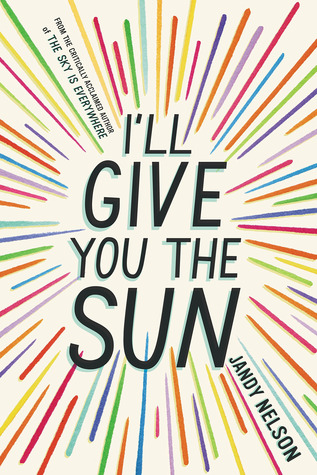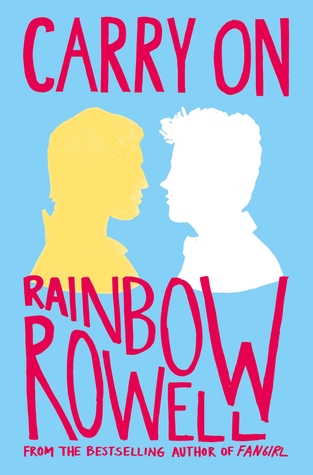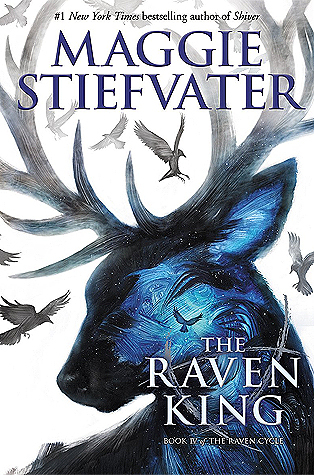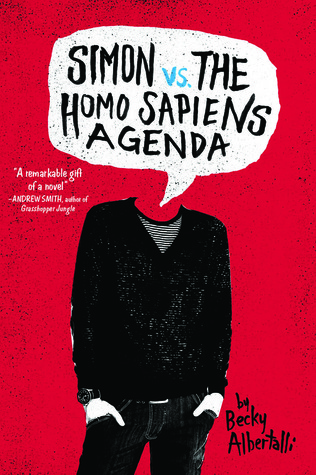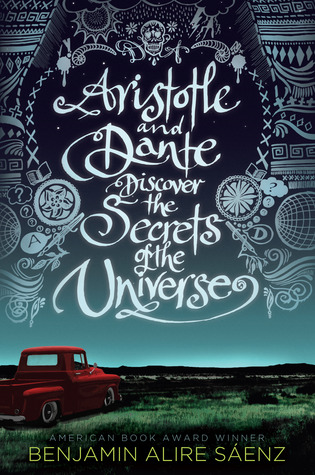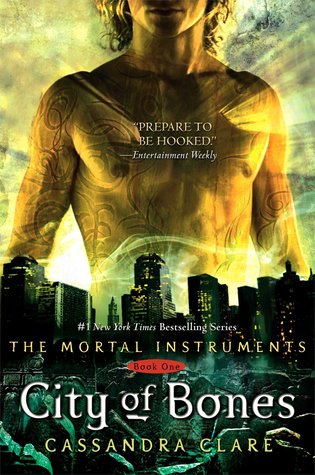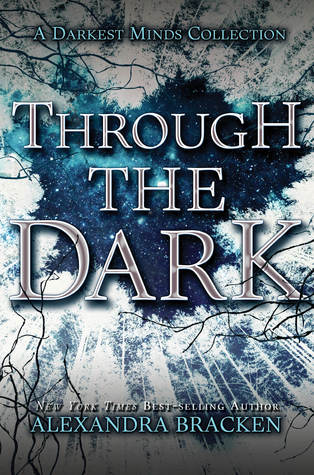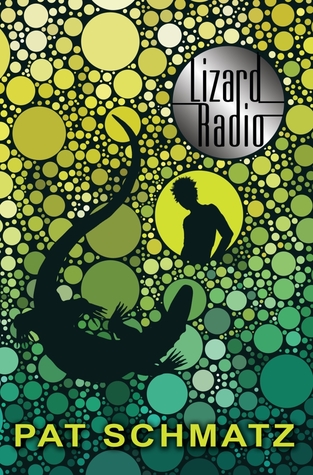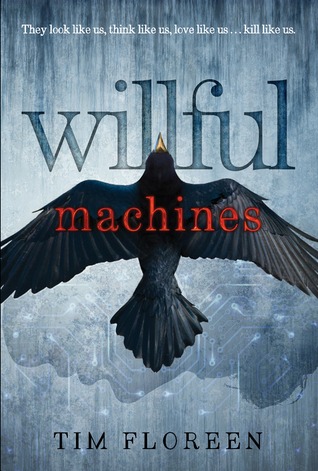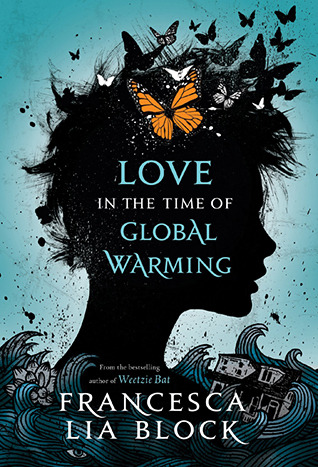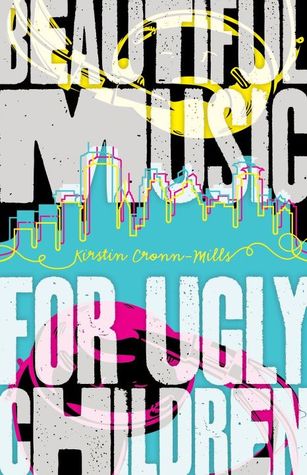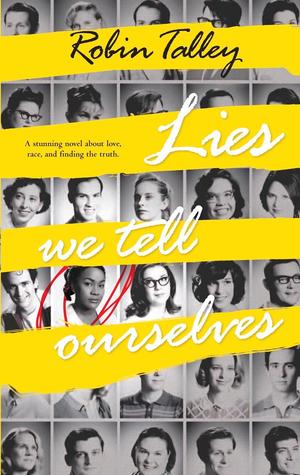Most of the popular LGBT+ books in mainstream YA right now were written by women and yet feature M/M couples. This frustrates me because I've heard multiple people post about how they're "obsessed with gay romance" who've never read any books featuring lesbians or trans people, much less #ownvoices literature.
A short list of the main novels featuring LGBT+ characters that I've seen hyped in literary circles:
Jandy Nelson's I'll Give You the Sun - Rainbow Rowell's Carry On - Maggie Stiefvater's The Raven King
Becky Albertalli's Simon vs. The Homo Sapiens Agenda - Benjamin Alire Sáenz's Aristotle and Dante Discover the Secrets of the Universe - Cassandra Clare's City of Bones
Individual Gay Young Men Count: 8 (if I'm doing this correctly)
Individual Lesbian Count: 0
Bisexual Young Men Count: 3
Bisexual Young Women Count: 0
Guys With Undefined Sexualities Count: 1
Gals With Undefined Sexualities Count: 0
Trans Character Count: 0
M/M Couples Count: 5
F/F Couples Count: 0
Explicitly Stated QPOC: 3 (if I remember correctly- please correct me if I'm wrong)
#ownvoices Count: 1/6 (I'm giving Benjamin Alire Sáenz this one for being a Latino author)
Authors Who Are Not Gay Men: 5/6, 1/6 unknown
Authors Who Are Women Writing About Gay Men: 5/6
I understand that authors are writing these characters with only the best intentions, and I'm not attacking these authors. I'm not saying that you shouldn't read, buy, and hype their awesome books. I've read and adore most of this list. Yet I cannot deny that this genre has become so male-centric, even while it is dominated by female authors. How did this happen? Why is it that when authors, even female authors, look to add LGBT+ representation they primarily reach for cisgender queer men (usually white men)?
Coming back to some of the self-professed book nerds I've witnessed who have read most of these but never touched a lesbian romance, this worries me. There are many theories about this, all of them kind of worrying. First off, this can give many literary circles a sense of complacency. Yes, we're currently surrounded by representation- but there are so many LGBT+ people who don't see themselves in the current lineup of popular LGBT+ books. Also, it makes me worry that readers (and possibly some authors) are fetishizing gay men. Of course, I could probably get another whole post out of writing about this, but to get the point across: if you write or consume literature, what draws you to M/M relationships so much? If you're straight but "obsessed with gay romance," what is it that draws you to that genre? Why do you like reading about M/M relationships so much? Why not F/F relationships?
Chances are that you haven't heard of many books featuring lesbians, WLW (women-loving-women), and trans people. You might not have seen these underrepresented people in the media, or know any in real life. It might be that gay men are the very first people who come to mind when you think "LGBT+" (and if that's the case, you need to work on that). Possibly lesbians might make you uncomfortable, or maybe you find it easier to read/write about gay men- which is something you'll need to get over. Heck, I don't have all the answers. I'm mainly here to talk about the fact that we have a problem, and I hope you're starting to realize that too.
This isn't the fault of any one person. But we're turning a blind eye to the desperately needed representation of queer people of color, WLW, and trans people, whether deliberately or subconsciously.
Ok, at this point I'm self-aware enough to know that a lot of this is whining. Yes, I'm whining. I'm frustrated, and I'm afraid that people consuming mainstream literature are starting to fetishize gay men. If I've frustrated you, or you're scared too, or even if you disagree- I challenge you to do better. Write better, read better, and hype better, please!
This isn't a problem we can't solve, even if the causes aren't clear. All of us can make an effort to read and recommend more of the YA lit that features queer women, QPOC and trans people. We can encourage authors to write diverse narratives that go beyond featuring white gay men, and praise authors who do. We can write better LGBT+ representation, and we can write our own narratives.
We can do better.
Write better.
Read better.
Hype better.
Thank you for reading.
Edit: I will be following this up with a queer #ownvoices list, if you would like my help diversifying your reading list (which I hope you do!).
Edit: I will be following this up with a queer #ownvoices list, if you would like my help diversifying your reading list (which I hope you do!).
